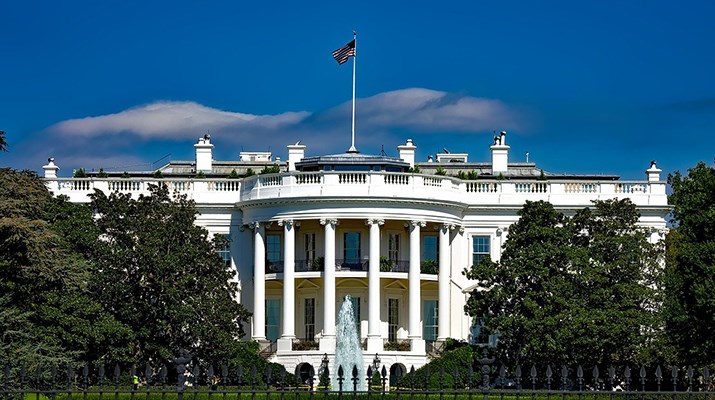Holly Black: Welcome to Morningstar. I'm Holly Black. With me is Mike Coop. He is a Portfolio Manager at Morningstar Investment Management. Hello.
Mike Coop: Hi, Holly.
Black: So, a big week, it's the US presidential elections. As things currently stand, we don't have a result yet. But I know that a lot of investors are wondering what this means for their portfolios. I suppose the first question, Mike, is do elections matter to investors?
Coop: That's a great question, Holly. For investors who are investing to achieve a financial goal and therefore, are kind of long-term investors, it doesn't really matter, it doesn't fundamentally change the drivers of returns for the assets you hold. But it can have a short-term impact. And so, we've seen historically that in election years returns on average are lower than non-election years. We've also seen that returns are sometimes a bit higher if the incumbent party is reelected. But those things are going to be fairly short term. And as we've seen yet again, pundits have found it difficult to know which way the wind is blowing. So, expectations that were there in the markets for some sort of Biden win, for a greater degree of fiscal stimulus, have waned as the results have through and shown there's still more of a deadlock in terms of a divided house. So, that's reminded to us all that we shouldn't overly focus on the impact of elections.
Black: So, what makes this election different? It feels like the world is watching a lot more intently this time around than ever before.
Coop: Certainly, the turnout is very large relative to history. And the (incidence) of personal voting does change the dynamic. It is, first of all, going to delay the finalization of the results and as we've already seen, it is opening the door for each of the two parties to context the outcome with respect to the presidential election vote. So, that is something we have seen affect the streets in the states very viscerally with people boarding out their shops which is shocking and which we don't tend to associate with elections. However, there are some fairly well-structured policies for making sure that there is no deadlock on the outcome. And so, we are going to definitely get a result. It's just that it could take some time before that can be announced and clarified.
Black: And when we do get that result, are we expecting a big reaction from the stock market? Could there be some volatility ahead?
Coop: So, at this stage, it looks like there is not going to be a change in the majority that the Democrats have in the house of representatives. We don't yet know the full outcome for the Senate, but the Republicans have done better than pundits were expecting and therefore, it remains to be seen whether the Democrats could win. But at the moment, it looks as if the Republicans are going to continue to have the majority. So, you continue to have a divided house and that means it's tough to make big changes even if there is a change in the president. So, it tends to dampen the sensitivity of markets to the outcome of the presidential election because it reduces the scope for really big policy changes and it's those really big policy which you need to see in order for the economics of companies to change in order for the long-term behavior of inflation to change and those are the things that really matter.
Black: Okay, Mike. And finally, just quickly, key takeaway for investors feeling a bit nervy today?
Coop: I think once again it's shown that we should look through these sorts of events if they do create big swings in markets and those big swings in markets can throw opportunities that can be a great way to take advantage of the noise. But in and off themselves, they are not something that you should be too focused on other than just the spectacle of the event.
Black: Mike, thank you for your time. For Morningstar, I'm Holly Black.





























